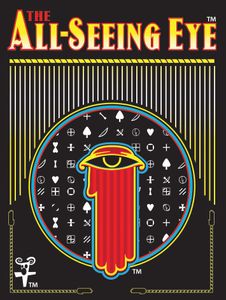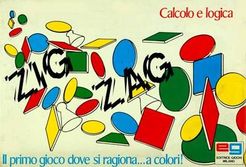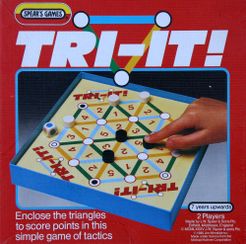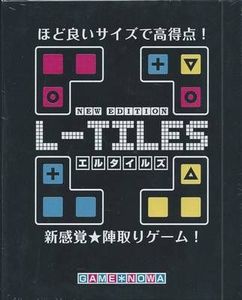|
Advertisement
|
Quest-Chess

DescriptionQuest Chess was self-published by Donald, in 1974. It is a Chess variant. It consists of an A4 sheet of rules. Game DiscussionsAdd CommentYou need to be logged in to comment. Insert Bullet List Please enter at least one item. Item: Item: Item: Item: Item: Insert Numeric List Please enter at least one item. Item: Item: Item: Item: Item: Insert Link Please enter the link of the website Optionally you can add display text Insert Email Please enter the email address Optionally add any display text Insert Image Please enter the link of the image Insert YouTube Video Please enter the link of the video MarketplaceNo listings at the moment. Do you own this game? Click here to list it for sale.
Similar Games
|
Best Sellers
Board Games
|
||||||||||||||
Latest Searches: my thomas-and-friends | celebraty name game | Solve it math connect four | Star Wars Black Series First Order Stormtrooper | Tiddledy | disney merida collectible doll glittery blue clip dress | Marvel Avengers Iron Man FX Mask | carcusonne | Cad+bane | shueets and ladders | The+really+nasty+horse+racing | gulpy+gulpy+gator+board+game | pass+the+grass | Science Fiction Board Games | Mavel legends | catan geographies germany | Gunfight | Canadian rush band rock and roll | Green arrow | darkest+night+expasion | Cara dunu | Muncie Indiana monopoly | Muncie+kooky | sling fast punk | beyblade+gt | The little mermaid under the sea treasures | Paper airplane | Valkyier+turbo+burst | Who’s+the+cunt | Nerf Zombie Strike SlingFire Blaster
All Rights Reserved











Comments (0)